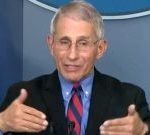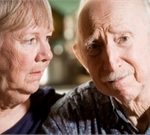
As U.S. coronavirus infections surged in many states, four of America’s top health officials plan to testify in Congress on Tuesday about how to safely reopen the country. Originally billed as an “update on progress toward safely getting back to work and back to school,” members of the Senate’s health and education committee will instead have to tackle the reality that reopening hasn’t proven safe or easy, The New York Times reported. Dr. Anthony Fauci will be joined at the hearing by Dr. Robert Redfield, director of the U.S. Centers for Disease Control and Prevention; Food and Drug Administration Commissioner Dr. Stephen Hahn; and Adm. Brett Giroir, the assistant secretary for health. With new cases spiking in many parts of the country, at least a dozen states and cities have slowed reopening plans, the Washington Post reported. Not only case counts are climbing: COVID-19 hospitalizations are spiking in seven states, the Post reported. In Texas, Arizona, Nevada, South Carolina, Montana, Georgia and California, seven-day averages are up at least 25 percent from last week, the newspaper said. In California, coronavirus case counts have exploded, now surpassing 220,000 infections, the Times reported. Gov. Gavin Newsom has been forced to roll back the state’s reopening in some counties. On Monday, he said the number of people hospitalized in California had increased 43 percent over the past two… read on >























-300x200.jpg)










